https://research.jhu.edu/bloomberg-distinguished-professorships/
examples
Vesla Weaver
Racial Politics & Criminal Justice
Departments of Political Science and Sociology, Krieger School of Arts and Sciences
Outside of the Lexington Market in Baltimore recently, there stood a portal—a gold-painted shipping container, equipped inside with a video screen and microphone. From there, visitors could connect live with residents of Los Angeles, Milwaukee, Mexico City, and Chicago.
The goal of this project was to start conversations about a common undercurrent these cities share: unrest related to police violence. Political scientist Vesla Weaver, a Bloomberg Distinguished Associate Professor who joined Johns Hopkins University in 2017, intends to use the transcripts of these conversations as one dimension of a new book, The Faces of American Democracy.
The study is the first of its kind to examine systematically the ways low-income black and Latino citizens in the U.S. experience and respond to not only policing and incarceration but various other layers of government, from welfare agencies and housing authorities to schools. Weaver, a leading scholar on racial politics and criminal justice issues in America, initiated the research as part of a Carnegie Fellowship, in response to findings in Ferguson, Missouri after the fatal police shooting of Michael Brown.
“We cannot understand modern inequality or begin to move past the harms of incarceration and surveillance without understanding that punitive action is threaded through a multiplicity of activities and agencies in poor communities,” Weaver says of the central questions her book explores.
This project expands upon a body of trailblazing research from Weaver since the start of her career, mining the root causes of inequality and mass incarceration of today’s America.
Weaver is perhaps best known as a leader in the movement to push the social sciences to understand punishment as a crucial site of governance in the U.S. as well as a forceful mechanism of racial inequity. With her research, she has informed one of the central questions facing policymakers today: how to grapple with the consequences of nearly four decades of state-enforced discipline for citizens and communities.
In the early years of her graduate studies at Harvard, Weaver bucked against the common thinking that punishment was not a core concern for political science, successfully arguing that incarceration and surveillance influenced America’s post-war institutions in ways that critically altered the racial politics and inequality of later decades.
“I began to construct a political story for why incarceration rates rose in the U.S. when they did, and that this was not a coincidence,” she says, pointing to the 1960s civil rights movements as the breeding ground for policies “that were purportedly about crime, but underneath that responding to racial changes and student unrest that people were uncomfortable with.”
These topics became the basis for her dissertation Frontlash: Civil Rights, the Carceral State, and the Transformation of American Politics, and a related article for The Studies in American Political Development.
Later, as a professor at Yale, Weaver embarked on the first large-scale empirical study of how these seismic shifts in incarceration and policing shaped the political and civic realities of the communities most affected. Her 2014 book, Arresting Citizenship, developed the idea that criminal justice reforms created a state she calls “custodial citizenship”: an ever-growing demographic of Americans who equate government with control and who become less likely to take part in the political process as a result.
The study, which won the Dennis Judd Best Book in Urban Politics Award, is known for nudging the topic of mass incarceration to the forefront of political science debates, and has served as a reference source for organizations like the Prison Policy Institute and the National Research Council.
As Weaver completes The Faces of American Democracy, she is also working on another book, funded by the Russell Sage Foundation, investigating the growth of economic inequality among blacks and Latinos. Despite longstanding racial group solidarity, this new inequality is causing unfamiliar political rifts over issues like housing, crime, and school policy.
Weaver, who grew up in northern Virginia, studied government as an undergraduate at the University of Virginia—where she later joined the faculty in 2007. In the intervening years, she earned her doctorate in Government and Social Policy at Harvard, where she also worked on the university’s Civil Rights Project.
In 2012, Weaver moved on to Yale, ultimately becoming a tenured associate professor in African American Studies and Political Science. In her time there she served on the Executive Session on Community Corrections with the National Institute of Justice and in 2015 founded The Center for the Study of Inequality.
Joining Johns Hopkins along with her husband, philosopher Christopher Lebron, Weaver says the setting of Baltimore is one “where the kind of research I do—on policing, on racial inequality—can really matter for the city.”
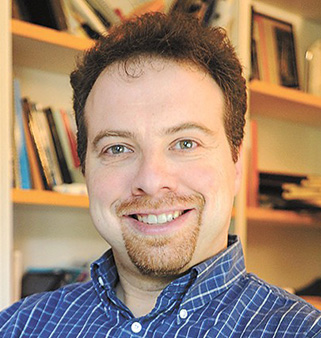 Adam RiessObservational Cosmology & Dark Energy
Adam RiessObservational Cosmology & Dark Energy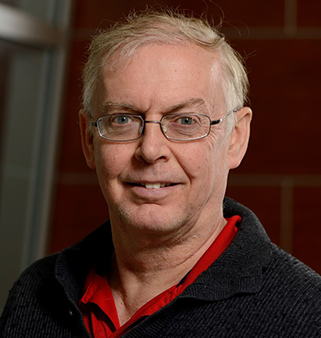 Alan YuilleComputational Cognitive Science
Alan YuilleComputational Cognitive Science Alexander SzalayBig Data
Alexander SzalayBig Data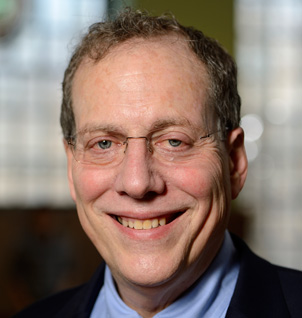 Andrew FeinbergEpigenetics
Andrew FeinbergEpigenetics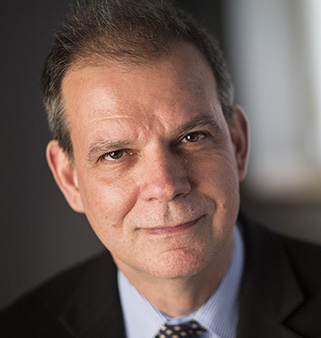 Arturo CasadevallMolecular Microbiology & Immunology and Infectious Diseases
Arturo CasadevallMolecular Microbiology & Immunology and Infectious Diseases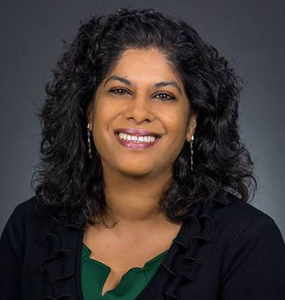 Ashani WeeraratnaCancer Biology
Ashani WeeraratnaCancer Biology Carl WuChromatin Biology & Biochemistry
Carl WuChromatin Biology & Biochemistry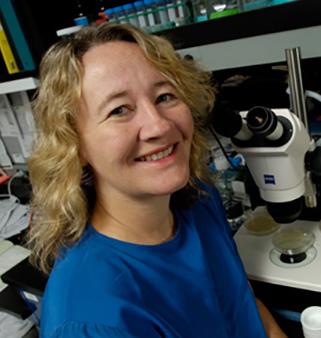 Carol GreiderMolecular Biology
Carol GreiderMolecular Biology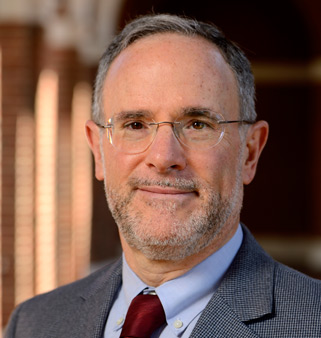 Charles BennettSpace, Experimental Astrophysics & Cosmology
Charles BennettSpace, Experimental Astrophysics & Cosmology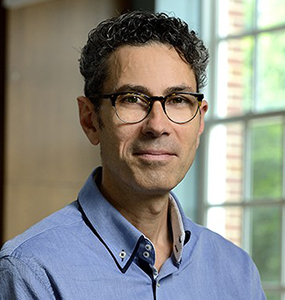 Christopher CannonEnglish & Classics
Christopher CannonEnglish & Classics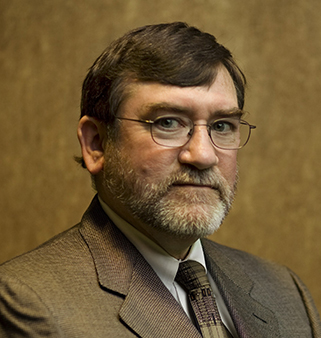 Christopher ChuteHealth Informatics
Christopher ChuteHealth Informatics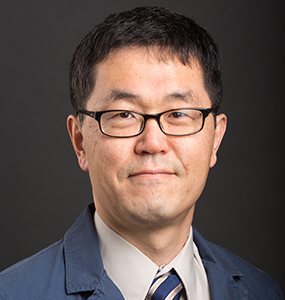 Daeyeol LeeNeuroeconomics
Daeyeol LeeNeuroeconomics
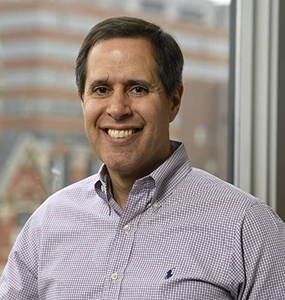 Daniel PolskyHealth Economics
Daniel PolskyHealth Economics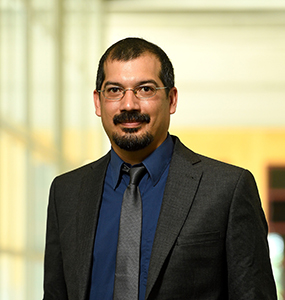 David SingExoplanetary Physics
David SingExoplanetary Physics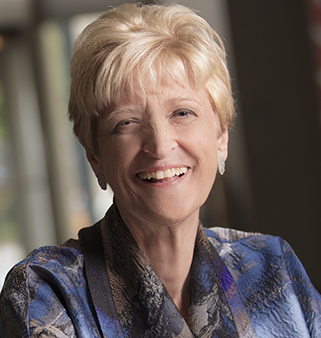 Ellen MacKenzieTraumatic Injury and Rehabilitation Health Services
Ellen MacKenzieTraumatic Injury and Rehabilitation Health Services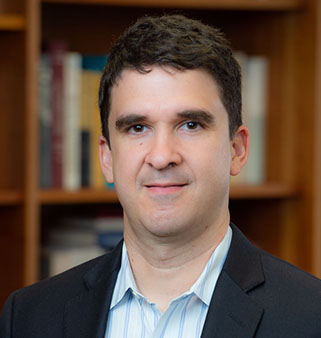 Filipe CampantePolitical Economy & Governance
Filipe CampantePolitical Economy & Governance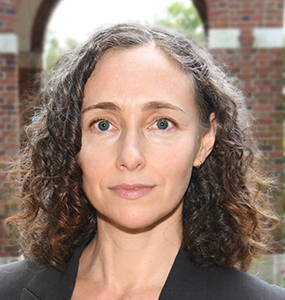 Hanna PickardPhilosophy and Bioethics
Hanna PickardPhilosophy and Bioethics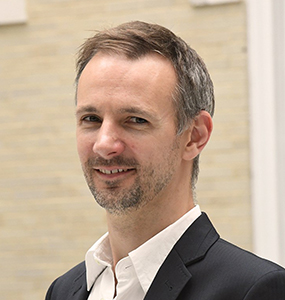 Ian PhillipsPhilosophy and Brain Sciences
Ian PhillipsPhilosophy and Brain Sciences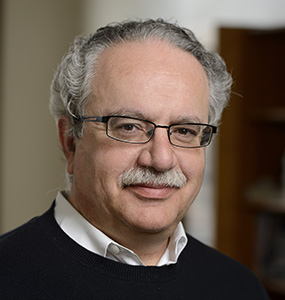 Ioannis KevrekidisModeling and Dynamic Behavior of Complex Systems
Ioannis KevrekidisModeling and Dynamic Behavior of Complex Systems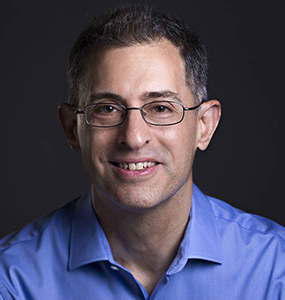 Jeremy ShiffmanGlobal Health Policy
Jeremy ShiffmanGlobal Health Policy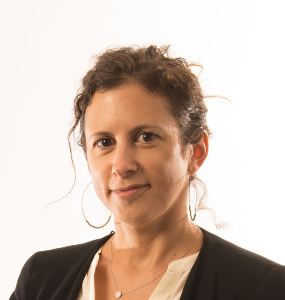 Jessica FanzoGlobal Food and Agriculture Ethics and Policy
Jessica FanzoGlobal Food and Agriculture Ethics and Policy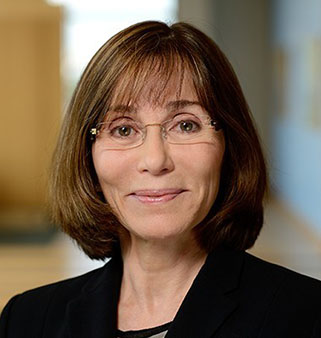 Kathleen SutcliffeOrganizational Theory & Patient Safety
Kathleen SutcliffeOrganizational Theory & Patient Safety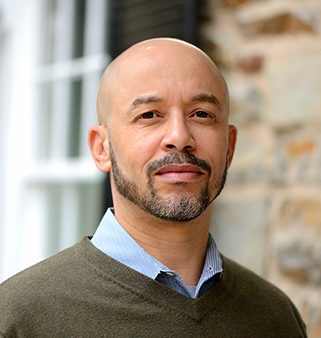 Lawrence JacksonEnglish and History
Lawrence JacksonEnglish and History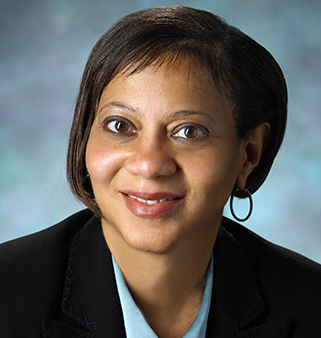 Lisa CooperEquity in Health and Healthcare
Lisa CooperEquity in Health and Healthcare
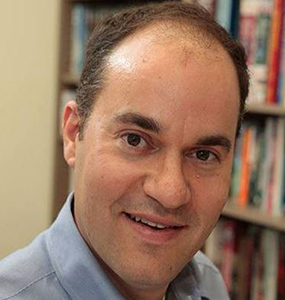 Matthew KahnEconomics & Business
Matthew KahnEconomics & Business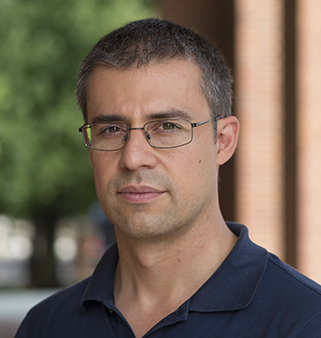 Mauro MaggioniData Intensive Computation
Mauro MaggioniData Intensive Computation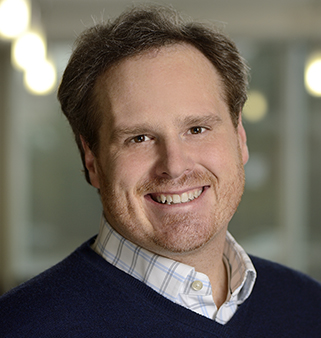 Michael SchatzComputational Biology & Oncology
Michael SchatzComputational Biology & Oncology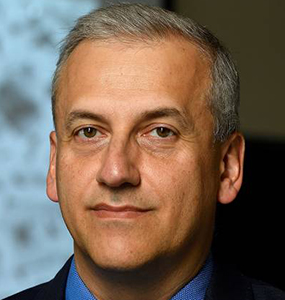 Michael TsapatsisNanomaterials
Michael TsapatsisNanomaterials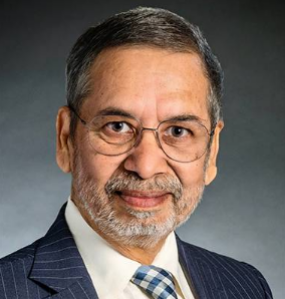 Nilabh ShastriImmunology and Pathogenesis
Nilabh ShastriImmunology and Pathogenesis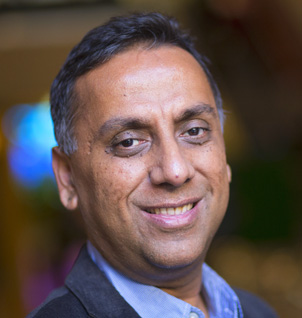 Nilanjan ChatterjeeBiostatistics and Genetic Epidemiology
Nilanjan ChatterjeeBiostatistics and Genetic Epidemiology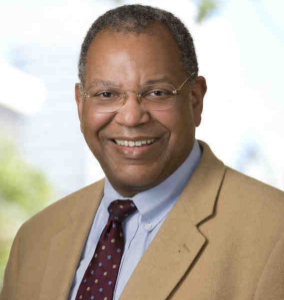 Otis BrawleyOncology and Epidemiology
Otis BrawleyOncology and Epidemiology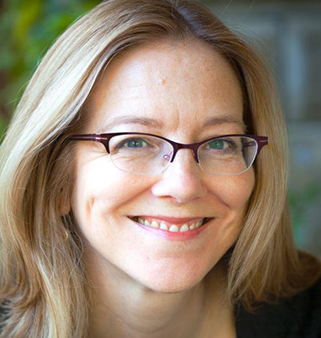 Patricia JanakAssociative Learning
Patricia JanakAssociative Learning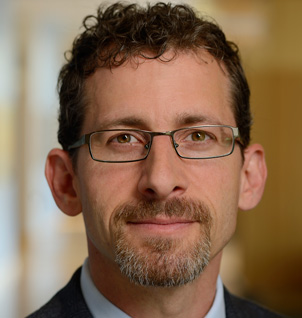 Paul FerraroEnvironmental and Resource Economics
Paul FerraroEnvironmental and Resource Economics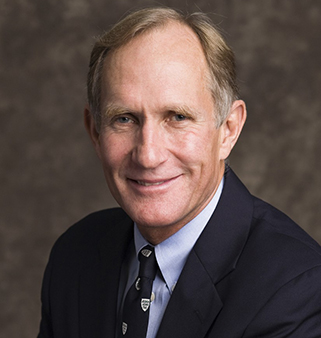 Peter AgreMalaria
Peter AgreMalaria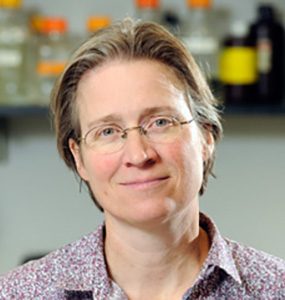 Rachel GreenBiology & Genetics
Rachel GreenBiology & Genetics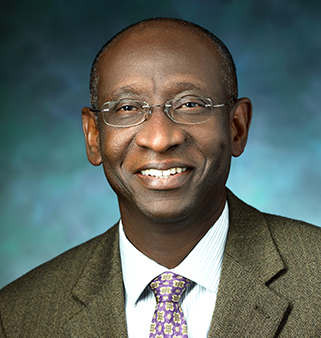 Rexford AhimaDiabetes
Rexford AhimaDiabetes

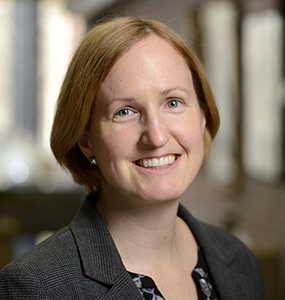

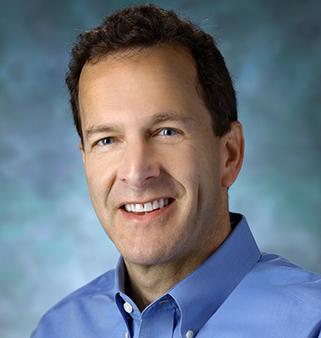

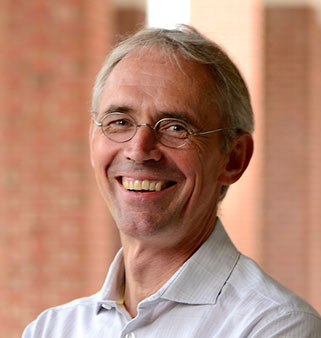
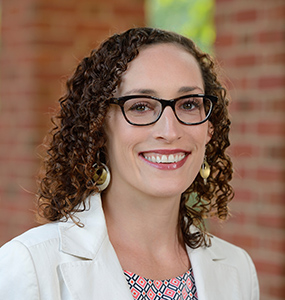
No comments:
Post a Comment